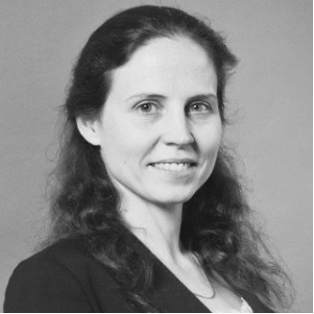Cities are transforming rapidly: some are turning into ‘megacities’ while others are struggling with a declining and ageing population. How do political leaders and residents cope with the consequences of these changes on facilities, infrastructure and quality of life? Three young researchers will present and discuss their findings during the presentation of the second Leonie Janssen-Jansen thesis prize.








Three young urban planners share the results of their international research on bottom-up urban developments in the Netherlands, Germany, and Brazil. They introduce new ideas on urban decline, the necessity of care cooperatives, and the dynamics of power and framing.
- Urban planner Franca Lersch investigated the quality of life in shrinking cities in Germany and the impact of municipal policies.
- Political scientist Laura Elizabeth Verhage delved into Dutch care cooperatives.
- Urban planner Paula Flores Bellé focused on power practices and media framing surrounding the construction of a large new bridge in Porto Alegre, Brazil.
These three young researchers have been nominated for the Leonie Janssen-Jansen thesis prize, which, for the second consecutive year, is awarded to a thesis showcasing outstanding academic excellence and practical applicability. The first Leonie Janssen-Jansen thesis prize was awarded in 2023 to Angelica Lantigua Francisco for her research on the energy transition in the Spanish-speaking community in Amsterdam-Zuidoost.

The Leonie Janssen-Jansen Thesis Prize is awarded in memory of Professor Leonie Janssen-Jansen (1975 – 2018), a passionate and opinionated educator and researcher with a keen focus on the complexity of urban planning issues. In her work, she always sought combinations of academic excellence and practical applicability. The prize includes a tile designed by Moker Ontwerp and a freely spendable amount of €1000,-.
The jury for this edition consists of Melika Levelt (senior researcher HvA), Joost Zonneveld (chief editor of Gebiedsontwikkeling.nu), Tom Daamen (director of Stichting Kennis Gebiedsontwikkeling), Merel Mulders (city of Breda) and Menno van der Veen (Tertium).






